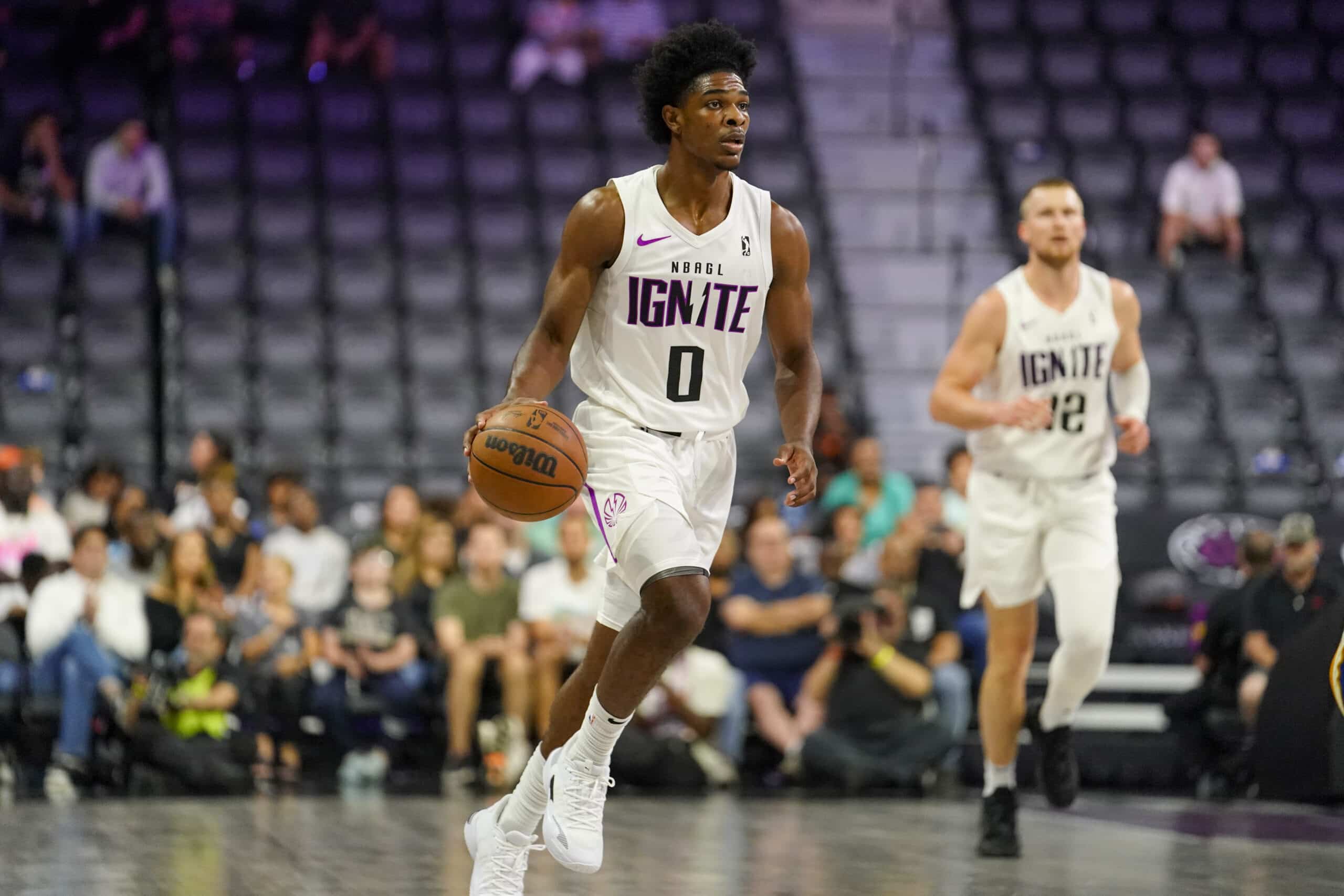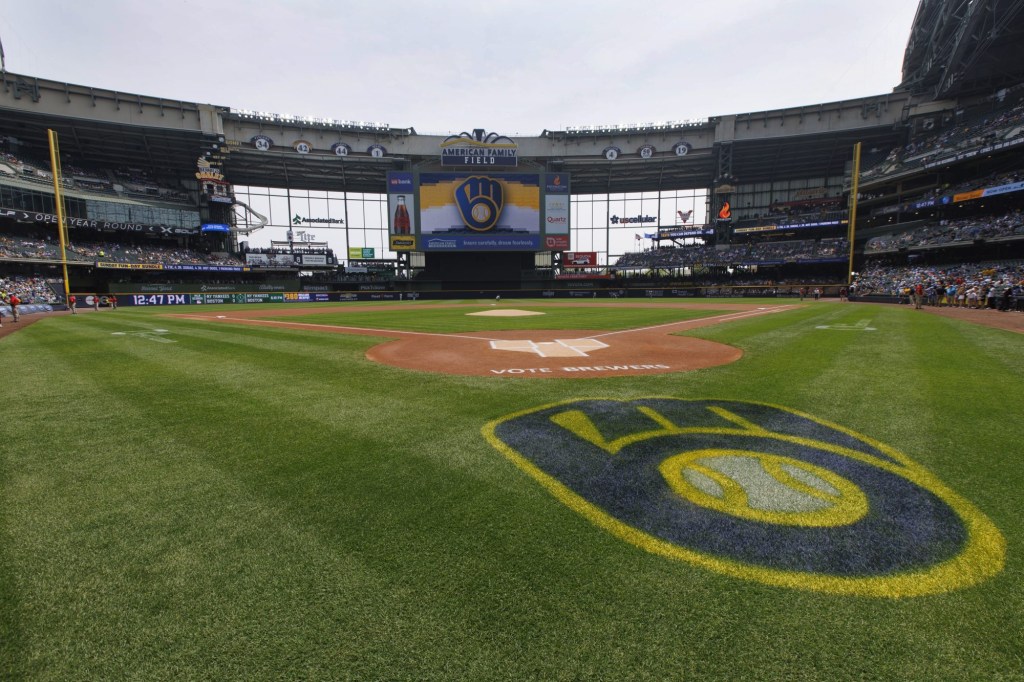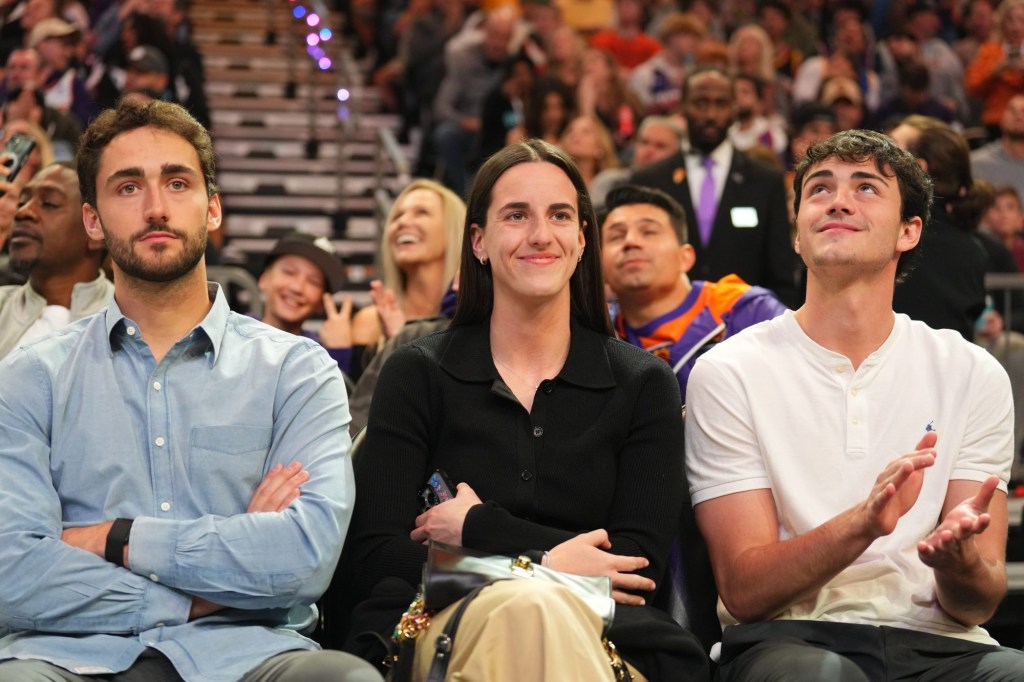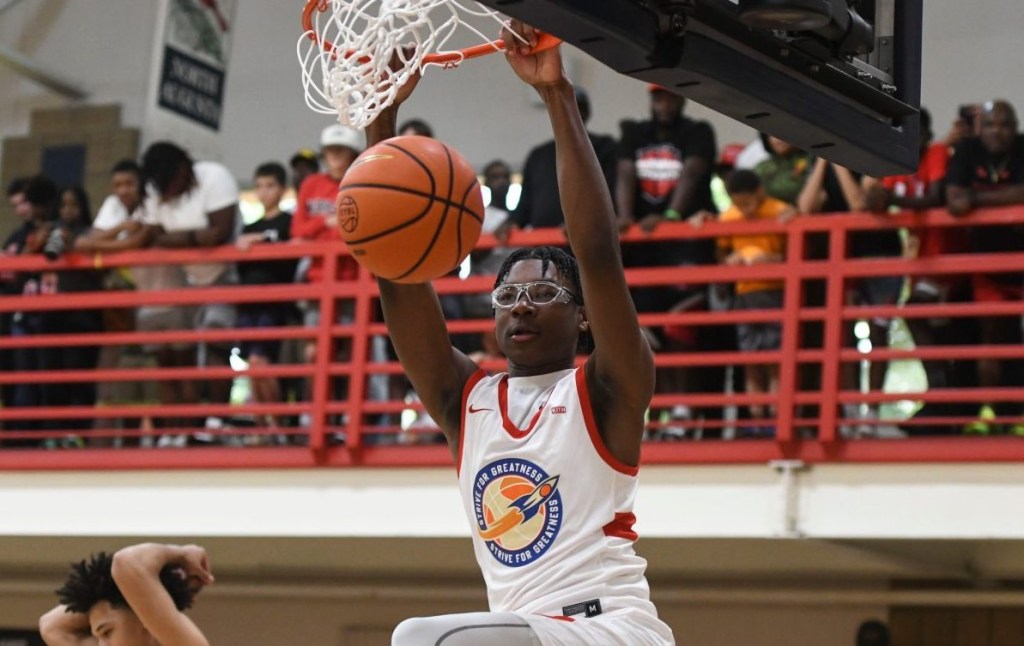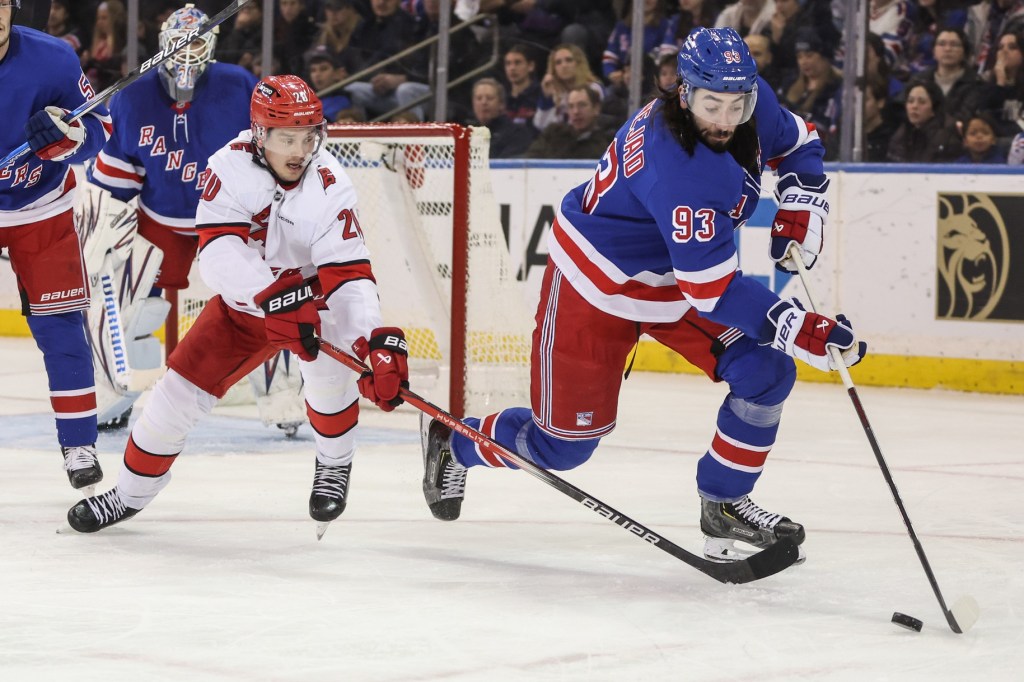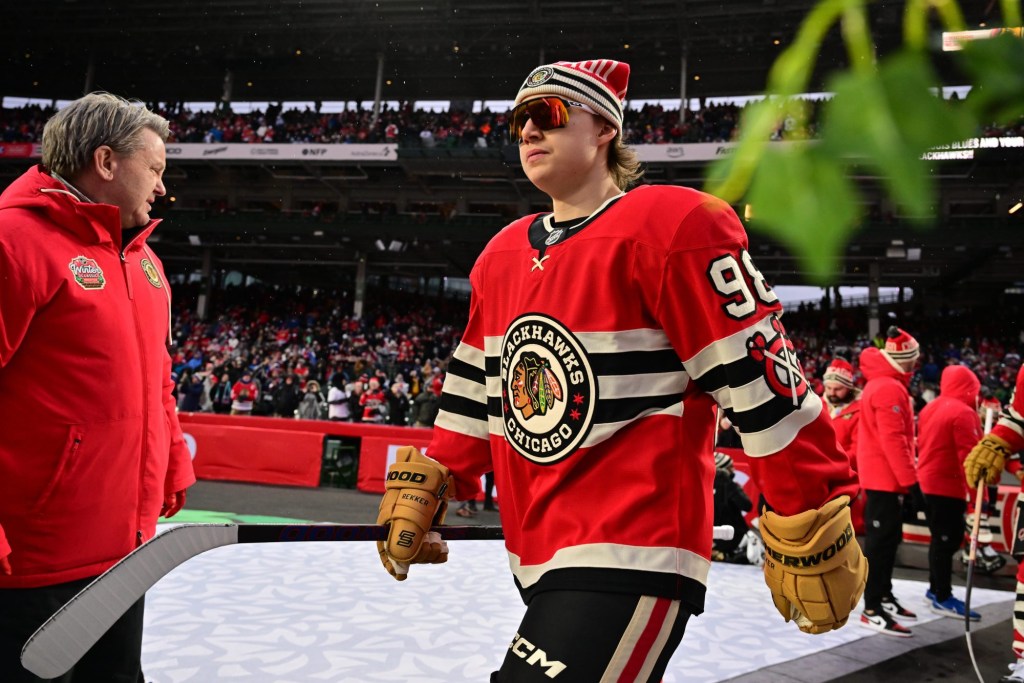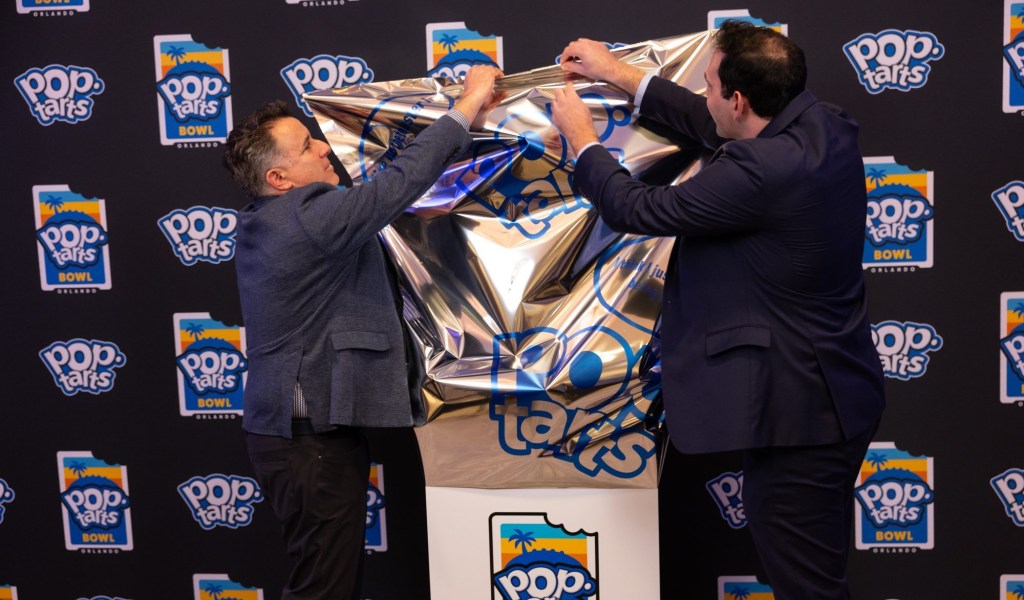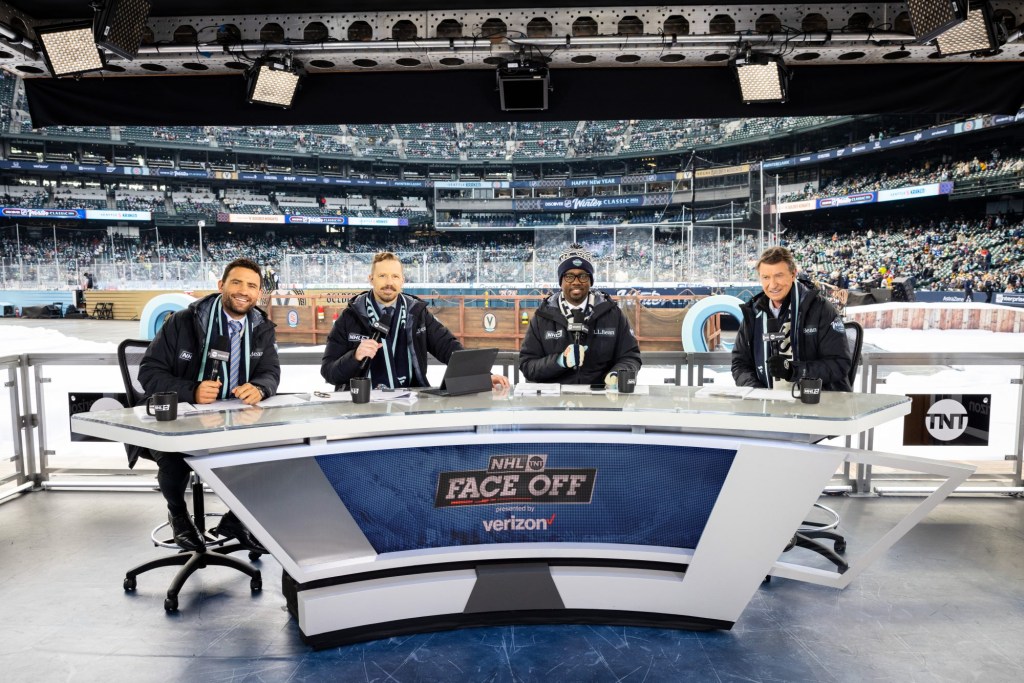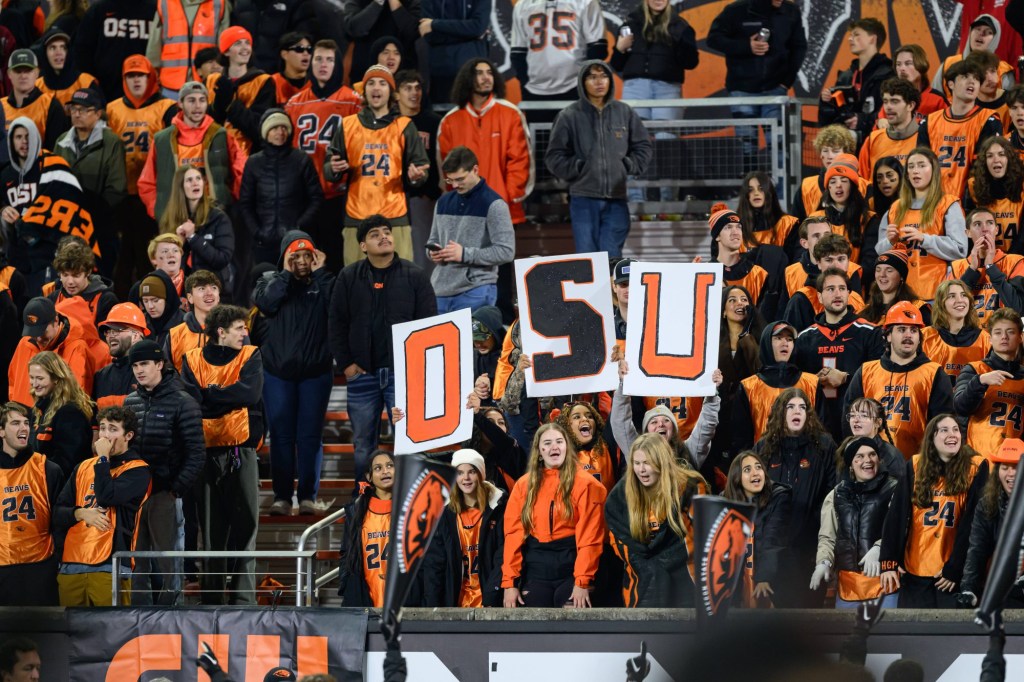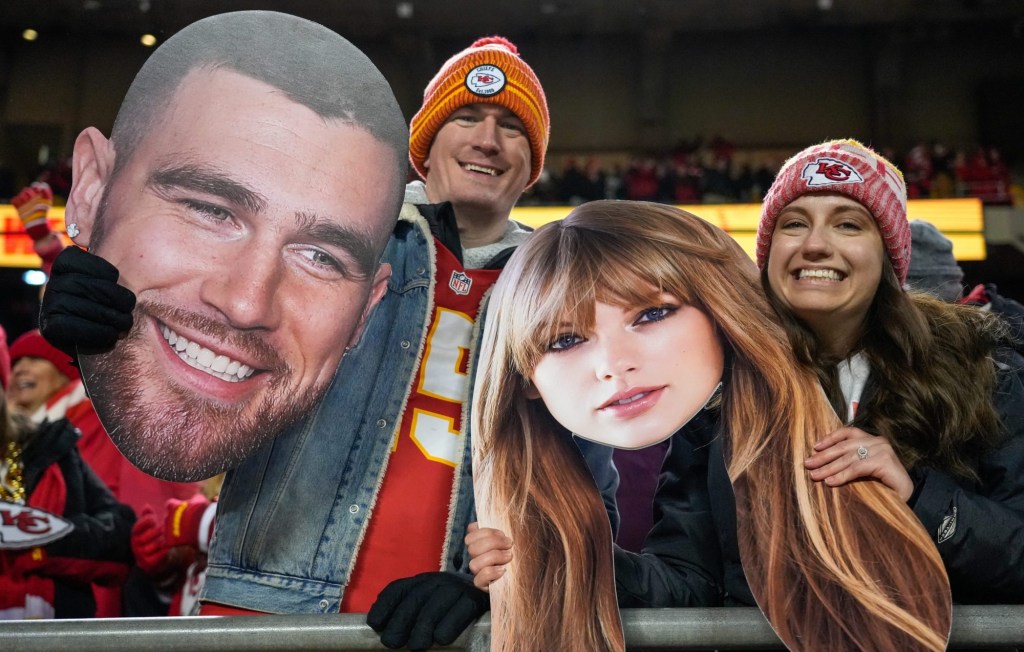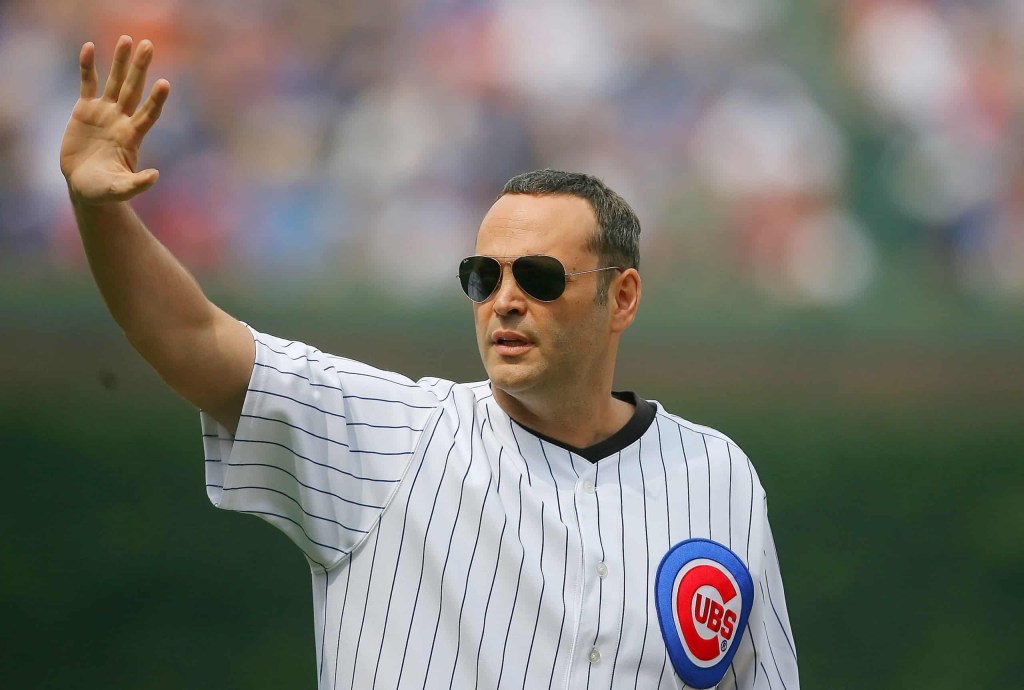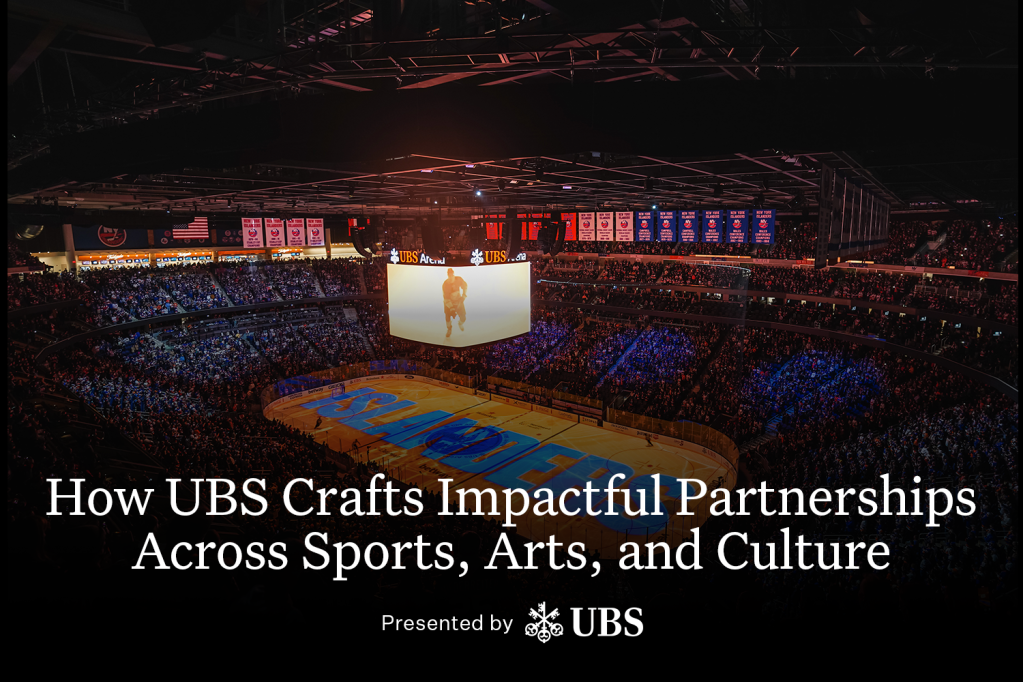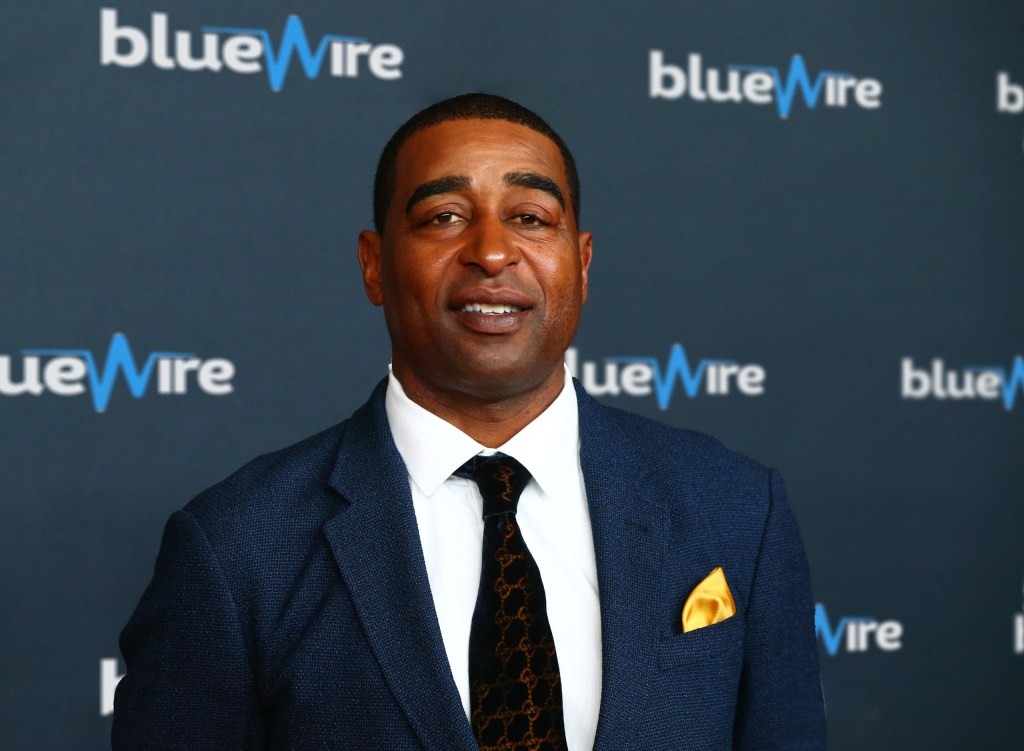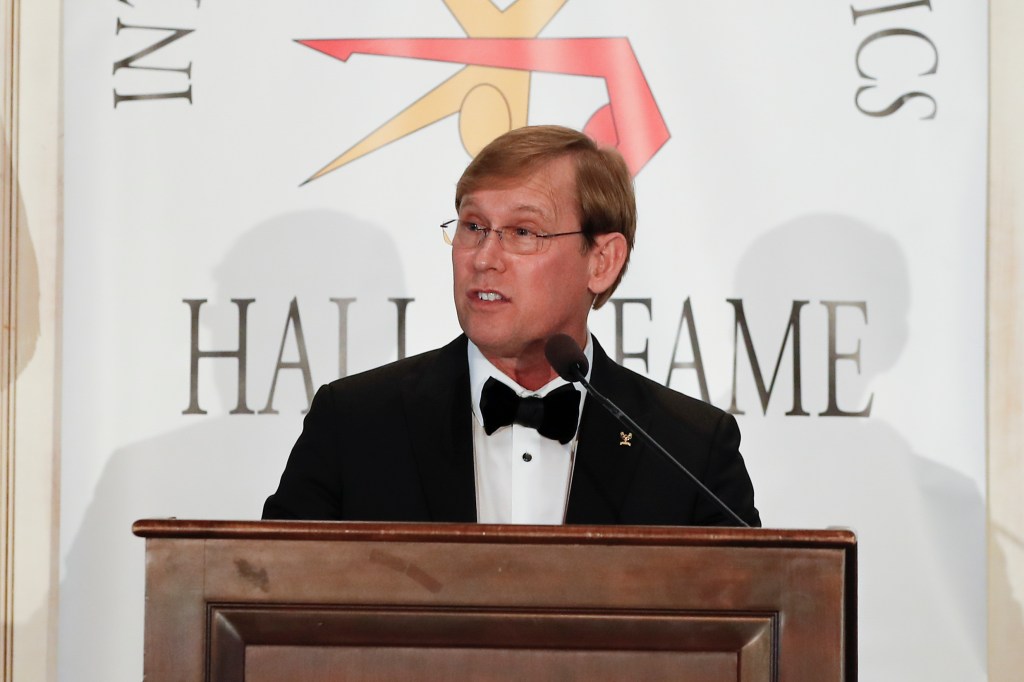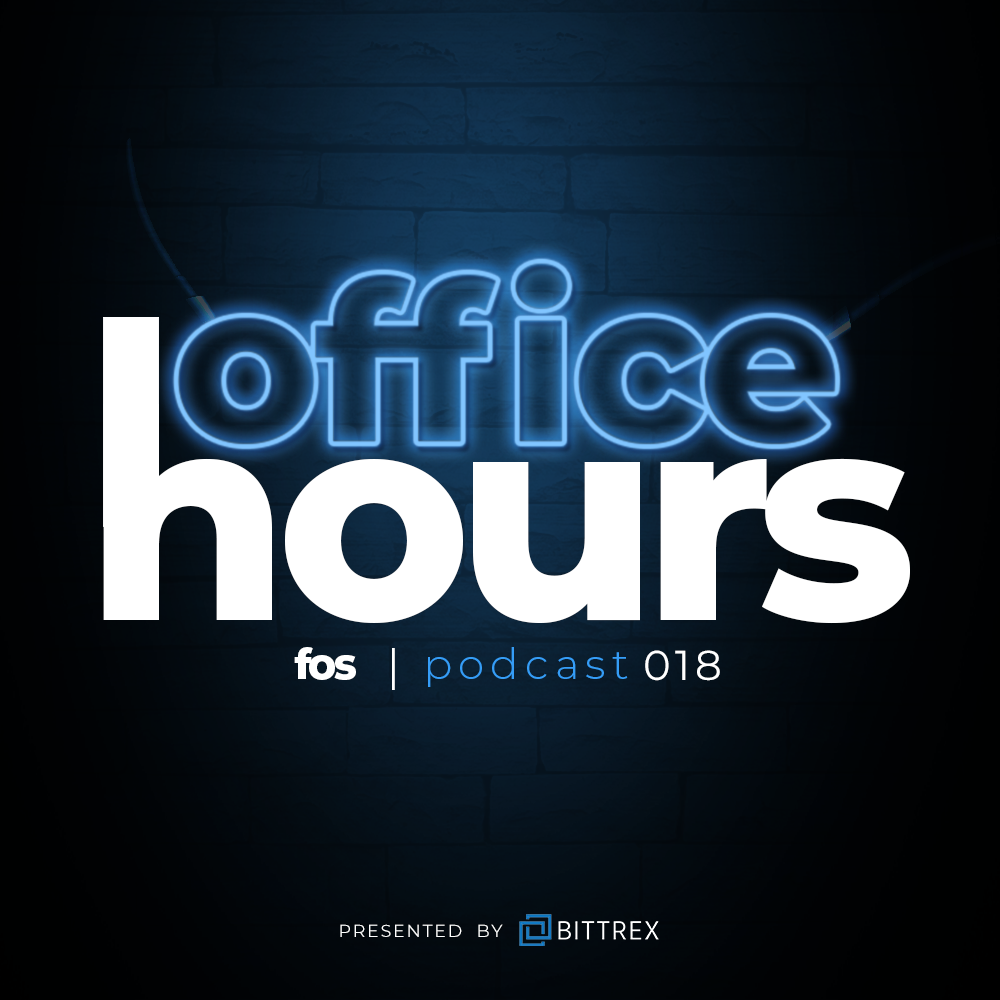The NBA’s new collective bargaining agreement imposes harsh penalties on teams that go over certain thresholds. Specifically, teams lose valuable roster building privileges if they surpass the “second tax apron,” set at $17.5 million above the luxury tax limit.
Those include forfeiting the mid-level exception, the ability to include cash as part of trades or to accept more salary in a trade than the team sends out.
ESPN NBA front office analyst Bobby Marks joined Front Office Sports Today to discuss the NBA Draft and what the Phoenix Suns’ blockbuster trade for Bradley Beal means for their future.
Listen to the full episode with Marks and subscribe at the links above.
Marks on the Bradley Beal trade: For Phoenix, they went all in in February with the Kevin Durant trade. I don’t know if I have another name for going double all in with the Bradley Beal trade, especially with these new collective bargaining agreement rules that are going to start come July 1st.
They basically took a lighter to the rules and lit it on fire here because the new rules were supposed to [prevent teams from] being able to put super teams together, three players on max contracts. What the Suns were able to do is basically do a deal before these new rules start. And now you have four players, when you include Deandre Ayton on max contracts.
On the Suns’ future: They are going to have to be creative in how they build out their roster. There’s really no in between. Getting to a first round or second round [of the playoffs] is not good enough.
On why this is the final window to build super teams around three or four max contracts:
Based on the teeth of the rules and how strict they are, they do not really start until next offseason. So there is a little bit of a window here. If Miami wants to go out and try to get Damian Lillard, for example. That won’t be the case next offseason.
The challenge for Phoenix: finding those complimentary role players. They won’t be able to do it in the draft because they’re restricted now as far as what they can trade here. They’re limited as far as what they can spend. But it is hard. If you’re gonna do the super team route, you better make sure not the first or not the second, but the third guy you bring in is the right guy.
On the power of a great draft pick: The beauty of it is that when you have a player like Victor [Wembanyama] or any of these players that could be generational talents, on basically a $10 million contract for the next four years. And then next, he’ll be a restricted free agent, or you can sign him to an extension. So when you draft a player in the first round, the likelihood is that you’re going to have him on your roster for eight or nine years. So that’s why it’s so important as far as, whether it be in San Antonio, whether it be in Charlotte, whether it be in Portland, for these teams to get it right there.
On what most fans don’t know about the NBA Draft: From the players’ perspective, it’s a grind. They’ve started this process right when the college basketball season ended. They’ve done their individual workouts with their agents, with their trainers. They’ve gone to the combine. They’ve been poked and prodded. They’ve traveled all over the country. They’ve done team interviews, they’ve done psychological interviews, they’ve done physicals.
On where there could be drama Thursday night at the draft: Portland at three is going to be interesting just because we’ve been hearing a lot about Damian Lillard. What’s going to happen to the future of Damian Lillard? What happens if Portland stays at three in drafts, whether it be Scoot Henderson or Brandon Miller? Is Lillard content with another young player and then bring back maybe Jeremy Grant?
Charlotte at two is intriguing. That’s a team that’s going through an ownership change [with] two first-round picks and three seconds. Once we get past the one and we all know who’s gonna go there, it just opens up to so many different possibilities.
